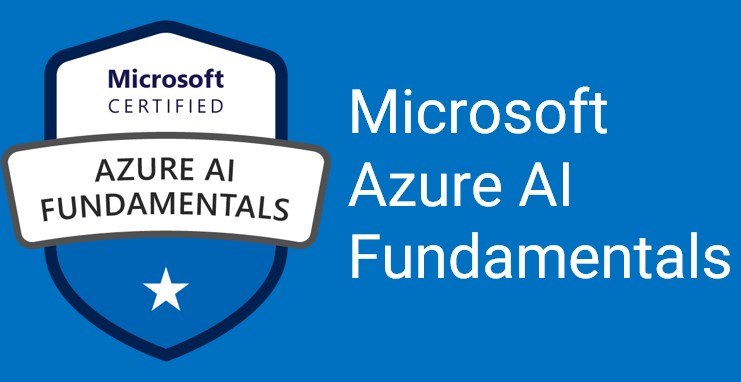About This Course
No previous knowledge.
Audience Profile
For people that want an introduction to the software programming industry.
At Course Completion
At the end of the course the participants will be ready to find work as QA automation engineers.
Course Outline
Introduction to Python:
- Overview of the language, installation, and basic syntax
- Variables, data types, and operators
Control Flow:
- Conditional statements (if/else)
- Loops (for/while)
Functions:
- Defining and calling functions
- Arguments and return values
- Scopes
Data Structures:
- Lists
- Tuples
- Dictionaries
- Sets
Modules and Packages:
- Importing and using external libraries
- Creating and publishing packages
File Input/Output:
- Reading and writing files
- Exception handling
Object-Oriented Programming:
- Classes and objects
- Inheritance and polymorphism
Advanced Topics (optional):
- Decorators
- Generators
- Context managers
- Regular expressions
Project:
- Designing and building a small project using the concepts learned throughout the course
Database Integration:
- Connecting to relational databases
- Performing CRUD operations using SQLAlchemy
- Using NoSQL databases like MongoDB
Web Development:
- Understanding web development concepts
- Creating dynamic web applications using Flask
- Serving and consuming RESTful APIs
Project:
- Designing and building a complex project using the advanced concepts learned throughout the course
Introduction to Selenium and Setup
- Introduction to Selenium and its uses
- Downloading and installing Selenium and necessary drivers
- Setting up your first Selenium test
Basic Selenium Commands
- Finding elements on a webpage using Selenium
- Interacting with elements (clicking buttons, filling out forms, etc.)
- Understanding different types of element locators
Advanced Selenium Commands
- Navigating between pages and managing multiple windows
- Handling alerts and pop-ups
- Working with iframes and frames
Testing Frameworks and Best Practices
- Overview of testing frameworks (pytest, unittest, etc.)
- Writing test cases using a testing framework
- Best practices for writing and organizing Selenium tests
Handling Dynamic Content and Wait Strategies
- Understanding dynamic content and how it affects your tests
- Using wait strategies to handle dynamic content
- Strategies for testing web applications with slow or unreliable loading times
Data-Driven Testing and Reporting
- Data-driven testing with Selenium
- Generating reports and logging test results
- Understanding and analyzing test results
Advanced Topics in Selenium
- Browser automation and mobile testing
- Integration with other tools (CI/CD pipelines, etc.)
- Performance testing with Selenium
Introduction to QA Documentation
- Overview of QA documentation and its importance in software development
- Different types of QA documents (test plans, test cases, bug reports, etc.)
- Common standards and templates for QA documentation
Test Planning
- Understanding the software development life cycle (SDLC) and the role of test planning
- Creating a test plan that includes scope, objectives, timelines, and resources
- Identifying and prioritizing testing types and techniques based on project requirements
Test Case Creation
- Understanding the purpose and structure of a test case
- Writing test cases that are clear, concise, and thorough
- Incorporating test data and expected results into test cases
Test Execution and Reporting
- Understanding the importance of test execution and reporting
- Documenting test results and issues using a bug tracking system
- Providing stakeholders with regular updates on testing progress and results
Documentation for Agile and DevOps
- Adapting QA documentation practices for Agile and DevOps methodologies
- Using tools such as Jira and Trello to manage test cases and track testing progress
- Creating documentation that supports continuous integration and continuous delivery (CI/CD) pipelines
Test Metrics and Analysis
- Understanding the importance of test metrics and how they can be used to improve testing
- Identifying and tracking key performance indicators (KPIs) for testing
- Using test analysis to identify areas of improvement and make data-driven decisions
Documentation Best Practices and Review
- Reviewing and refining existing QA documentation based on best practices and lessons learned
- Incorporating feedback from stakeholders and team members
- Ensuring documentation is accurate, up-to-date, and accessible to relevant parties

